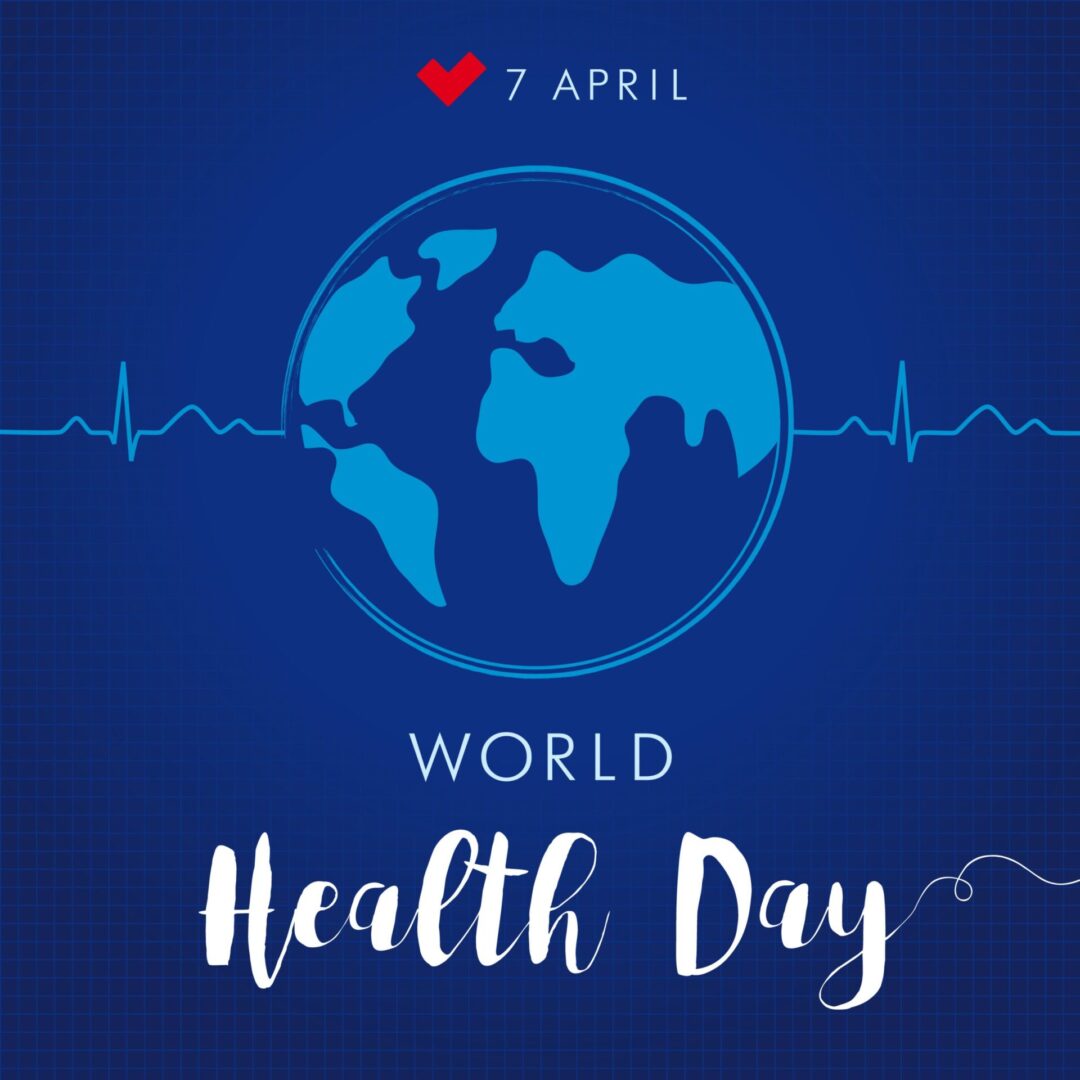Search by Color or Cause


World Health Day is celebrated annually on April 7. The date of April 7 marks the anniversary of the founding of WHO. Further, each year draws attention to a specific health topic of concern to people all over the world.
Founded in 1948, WHO is the United Nations agency that connects nations, partners and people to promote health, keep the world safe and serve the vulnerable. Therefore, everyone, everywhere can attain the highest level of health.
WHO leads global efforts to expand universal health coverage. In addition, it directs and coordinate the world’s response to health emergencies. And the World Health Organization (WHO) promotes healthier lives. From pregnancy care through old age, their Triple Billion targets outline an ambitious plan for the world to achieve good health for all using science-based policies and programs.
The WHO puts science to work to build a healthier, safer world. The World Health Organization leads and champions global efforts to achieve better health for all. By connecting countries, people and partners, they strive to give everyone, everywhere an equal chance at a safe and healthy life. The awareness color for World Health Day is green. Please wear a green fabric ribbon, enamel green pin, or green wristband to recognize World Health Day.
From emerging epidemics such as COVID-19 and Zika to the persistent threat of communicable diseases including HIV, malaria, tuberculosis and chronic diseases such as diabetes, heart disease and cancer, WHO brings together 194 countries. It works on the frontlines in 150+ locations to confront the biggest health challenges of our time and measurably advance the well-being of the world’s people.